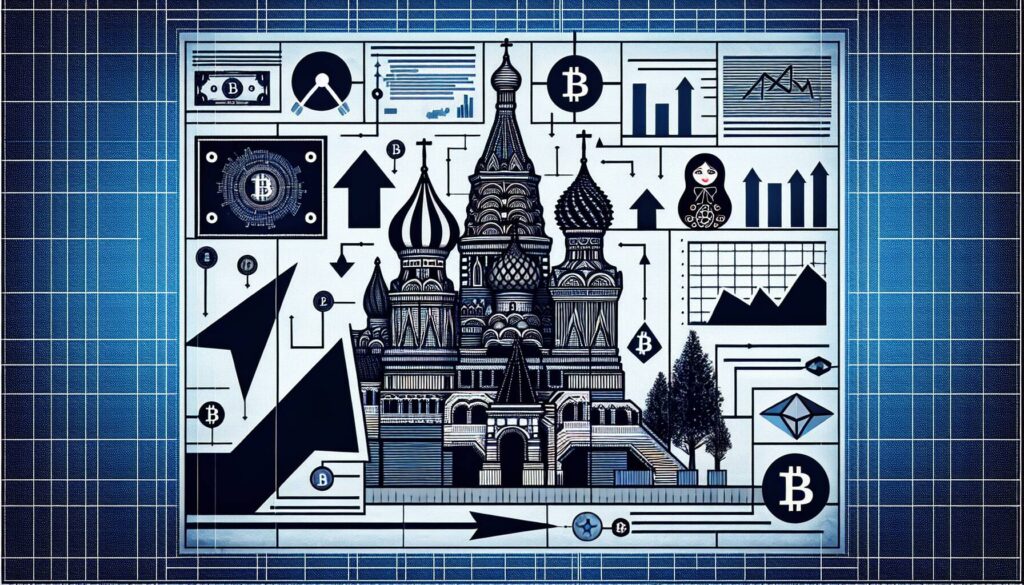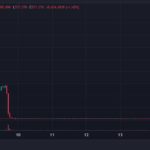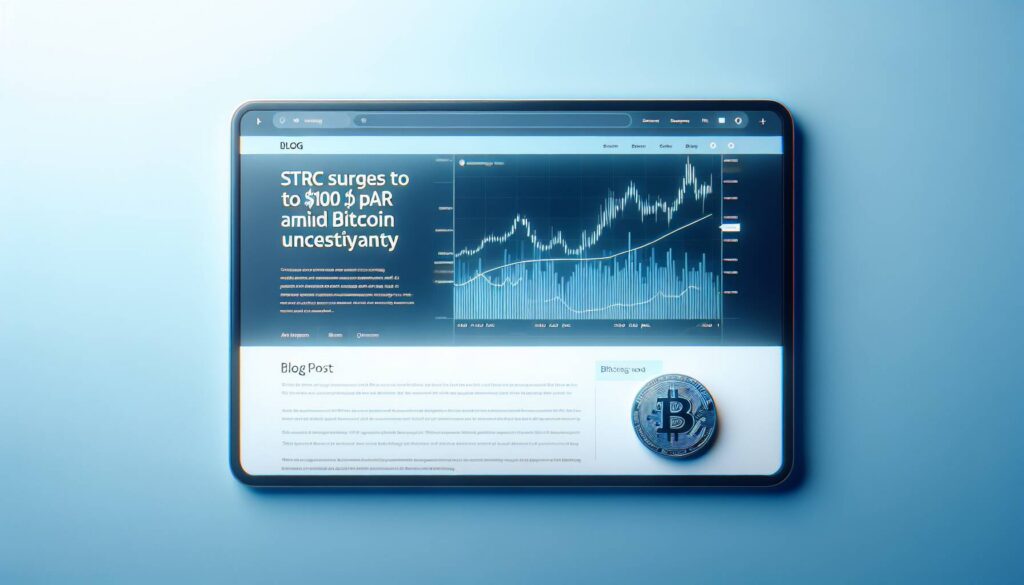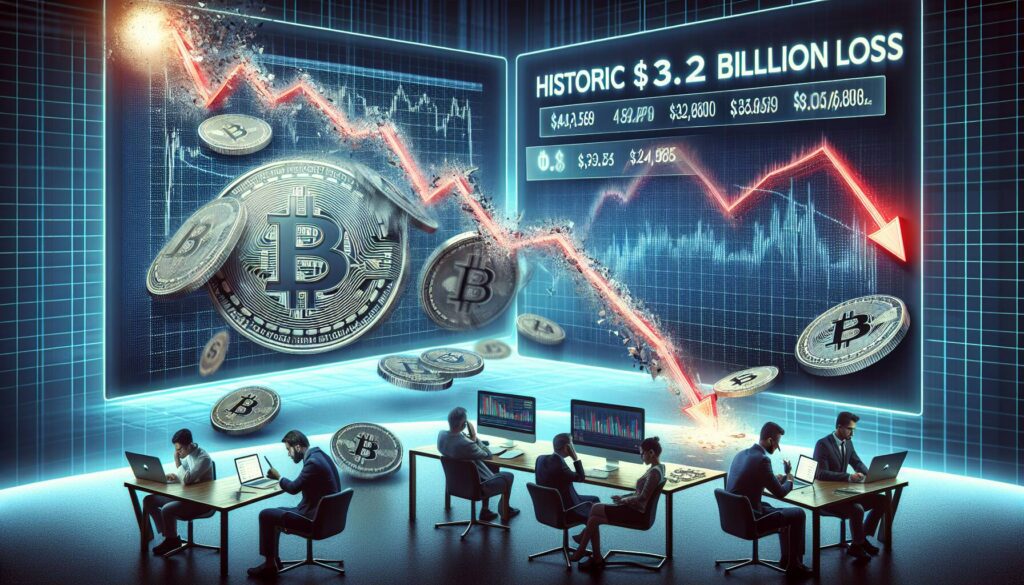Recent reports have surfaced indicating that Russia is strategically positioning itself within the cryptocurrency landscape, potentially setting the stage for significant price shifts in Bitcoin and other digital assets. As the nation grapples with various economic sanctions, it’s turning to cryptocurrencies as an undercurrent of its financial strategy, particularly in the realm of oil trading. With global markets spiraling through political and economic tensions, this move could reshape how cryptocurrencies are perceived and utilized on the world stage.
In this context, Russia’s pivot towards crypto comes in response to ongoing sanctions that have restricted its traditional financial channels. Notably, Russian officials, including President Vladimir Putin, have openly endorsed the idea that cryptocurrencies like Bitcoin cannot be easily curtailed by regulatory actions. This sentiment echoes throughout the financial community, suggesting a looming collaboration between Russia and nations like China and India, where crypto is increasingly used as a tool for transactional activities, including oil sales.
“Nobody can ban Bitcoin,” said Putin, highlighting Russia’s intention to leverage digital currencies amidst economic pressures.
Industry insights reveal that platforms such as Binance are becoming key facilitators for Russian transactions in the crypto space. As the world watches closely, the implications of Russia’s embrace of crypto for oil trades could lead to a substantial re-assessment of how cryptocurrencies operate within international markets. The ongoing situation raises multiple questions about the intersection of traditional commodities and the evolving crypto landscape, igniting discussions around the future of both global finance and digital currency regulations.
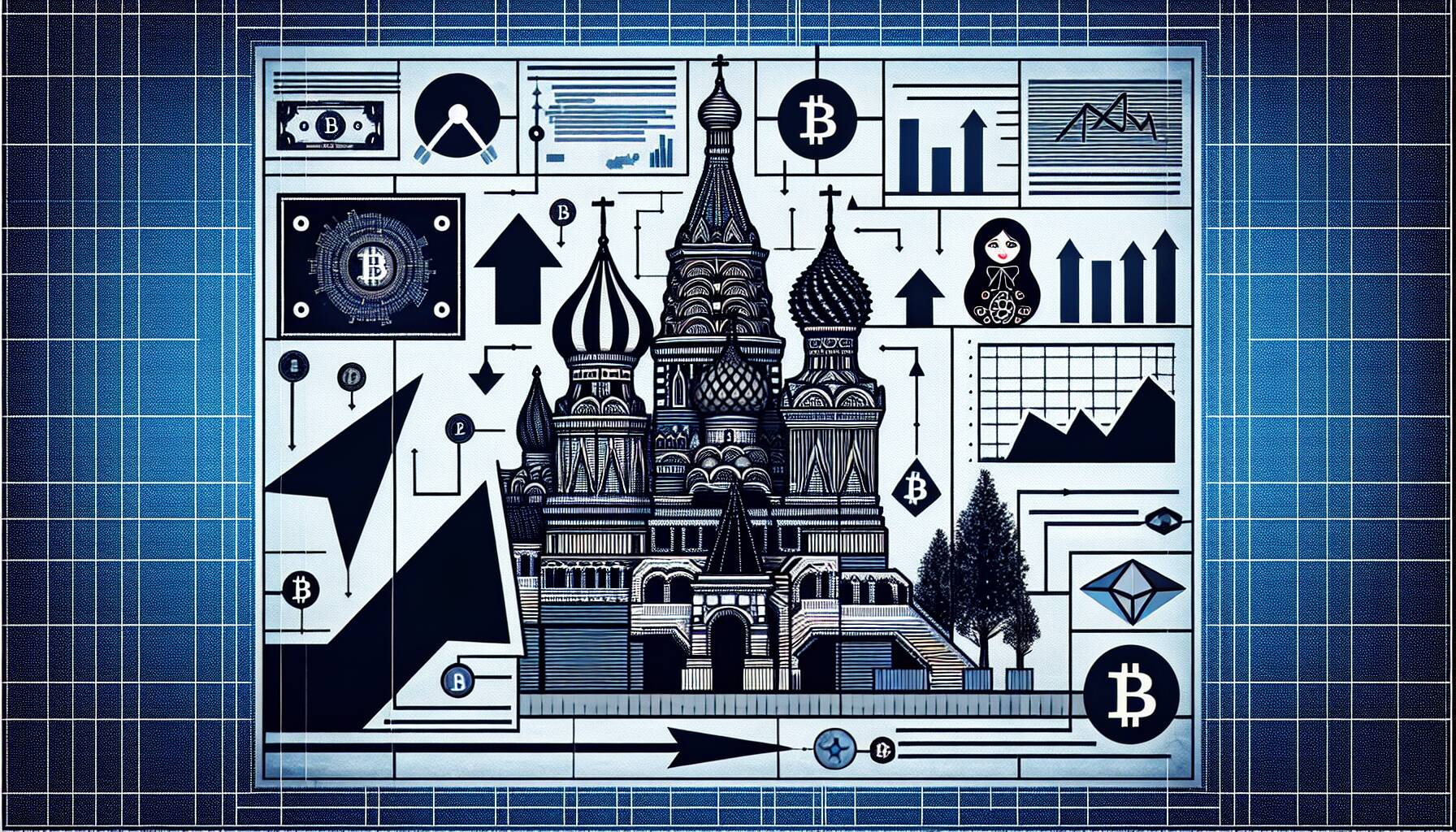
Impact of Russia’s Crypto Strategies on Global Markets
The evolving landscape of Russia’s use of cryptocurrency is significant for the global economy, particularly in light of economic sanctions and geopolitical tensions. Here are the key points regarding Russia’s shift towards crypto in oil trade and its broader implications:
- Economic Warfare Tactics:
- Russia is leveraging cryptocurrency as a tool to navigate and circumvent international sanctions.
- This tactic may embolden other nations to adopt similar strategies, potentially destabilizing global economic norms.
- Shift in Oil Trade Dynamics:
- Reports indicate that Russia is using Bitcoin in oil transactions with countries like China and India.
- This could lead to a significant increase in crypto trading volume and volatility, impacting prices globally.
- Regulatory and Security Implications:
- As nations adopt cryptocurrencies to bypass sanctions, regulators may respond with stricter measures.
- Increased interest in crypto can also lead to higher risks of fraud and security breaches, affecting individual investors.
- Broader Adoption of Cryptocurrencies:
- Russia’s endorsement of crypto could influence other countries, prompting a more extensive acceptance of digital currencies.
- This may increase the options available for investors, but also introduce greater market unpredictability.
- Market Sentiment and Investor Behavior:
- News of Russia’s crypto strategies could trigger speculations among investors, leading to price fluctuations.
- Understanding these geopolitical developments may be vital for investors looking to make informed decisions in the ever-evolving crypto marketplace.
Russia’s strategic use of cryptocurrency not only facilitates its economic agenda but also has the potential to reshape global crypto markets and investor behavior.
Russia’s Strategic Shift Towards Cryptocurrency: Implications and Market Reactions
Recent developments reveal Russia’s strategic maneuvering in the cryptocurrency landscape, particularly as it relates to transitioning oil trade practices to embrace cryptographic technologies. Reports from various reputable sources highlight Russia’s potential to leverage Bitcoin for circumventing international sanctions, illuminating a significant shift in the traditional energy market dynamics.
On one hand, this pivot could position Russia favorably against Western powers that have imposed economic restrictions. By utilizing cryptocurrency, Russia not only engages in ‘shadow finance’ but also gains a competitive edge by keeping its oil trade operational and perhaps even profitable amid sanctions. The growing acceptance of Bitcoin as a medium for trade, particularly with nations like China and India, further illustrates a potential paradigm shift that could benefit Russia by obtaining greater financial autonomy.
However, the implications of this shift also raise eyebrows across the global financial community. Countries adhering strictly to sanction protocols may find Russia’s use of cryptocurrency as a tactic to undercut these measures problematic, potentially leading to stricter regulations and oversight of crypto transactions worldwide. Additionally, the volatility inherent in cryptocurrency pricing may present significant risks not just for Russia but also for its trading partners, as price instability could threaten the reliability of oil trade agreements.
Investors and oil-dependent economies could see mixed impacts from this development. While some may benefit from the expansion and diversification of Russia’s trading practices, others might face increased uncertainty linked to fluctuating crypto prices. Energy markets may shift in response to these changes, and businesses that rely on traditional fiat transactions may find themselves at a disadvantage if they don’t adapt swiftly to these advancements in cryptocurrency use.
Ultimately, while Russia’s subtle integration of Bitcoin into its oil sales presents intriguing opportunities, it also introduces complex challenges, not just for the country itself but for global trading partners and market competitors alike.











